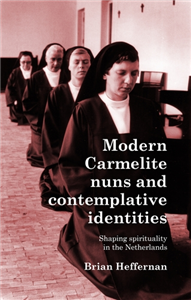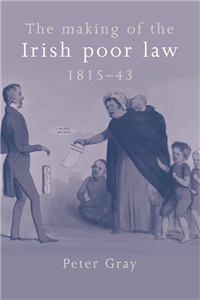Victorina Press
Victorina Press was created by Consuelo Rivera-Fuentes, a Chilean-British writer and academic. We are therefore rooted strongly in Chilean and British cultures. Our mission is to publish inspirational, quality books in the spirit of bibliodiversity, a concept developed by a group of Chilean independent publishers — Editores independientes de Chile. It encourages the celebration of a variety of voices from all over the world and prevents our publishing world from being a monolithic culture. Everyone has a story to tell. We want to be the ones to tell it. Consuelo’s Latin American roots play a huge role in our publishing today, with many of our books being translated into Spanish as stand alone or bilingual publications. Publishing everything from hard-hitting, inspirational memoirs, thrilling YA dystopias, gripping historical fiction, fun early learning, colourful, exciting children's books, literature for the classic shelf, and poetry to entice you, there is one book for every genre!
View Rights Portal


























